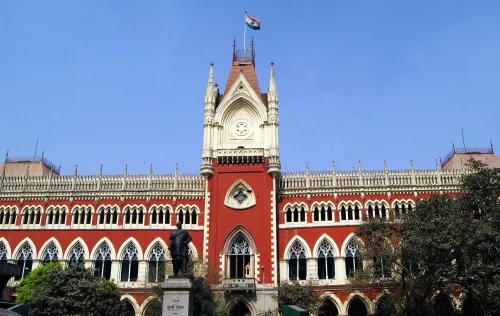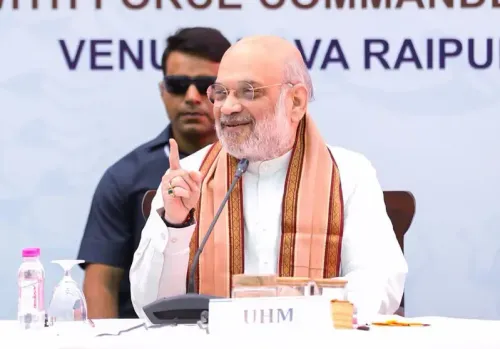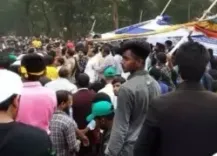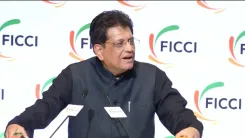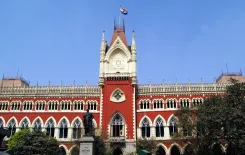Supreme Court's Ruling on Tahir Hussain's Bail Plea Restricts Election Participation
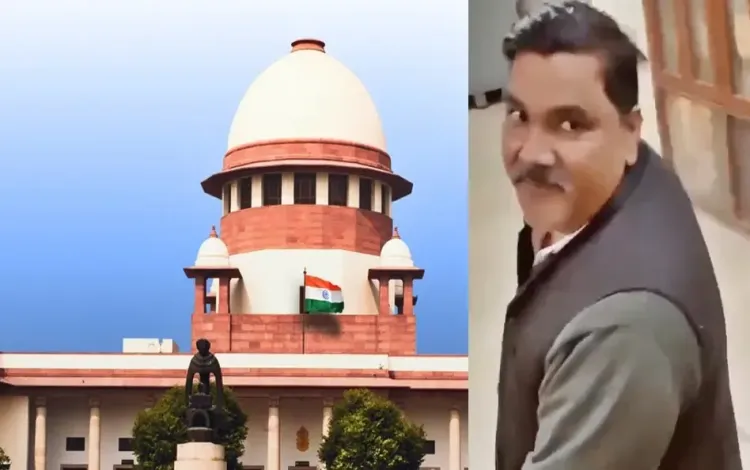
Synopsis
Key Takeaways
- Supreme Court adjourned hearing on Tahir Hussain's bail plea.
- Hussain is an accused in the 2020 Delhi riots.
- Delhi High Court permitted custody parole for nomination filing.
- Restrictions imposed on Hussain during parole.
- Concerns raised about electoral participation by jailed individuals.
New Delhi, Jan 20 (NationPress) In a setback for Tahir Hussain, accused in the 2020 national capital riots, the Supreme Court on Monday postponed the hearing regarding his petition for interim bail to campaign for the upcoming Delhi Assembly elections.
The All India Majlis-e-Ittehadul Muslimeen (AIMIM), led by Asaduddin Owaisi, has nominated Tahir Hussain as a candidate from the Mustafabad constituency.
A panel consisting of Justices Pankaj Mithal and Ahsanuddin Amanullah was unable to address Hussain's special leave petition due to time constraints but rescheduled the hearing for January 21. During an urgent hearing request, Justice Mithal remarked, “It is simple to win elections while incarcerated. All individuals in such circumstances should be prevented from contesting elections.”
Previously, the Delhi High Court denied Tahir Hussain’s request for interim bail but granted him custody parole to allow him to submit his nomination papers for the approaching Assembly elections.
According to the Delhi High Court's ruling, while on custody parole, Tahir Hussain is prohibited from using a phone or accessing the Internet, engaging with anyone except officials involved in the nomination process, and addressing the media.
While family members may be present, they are not allowed to photograph the nomination filing or share any images on social media, as per the court's directive.
In dismissing Hussain's interim bail request, Justice Neena Bansal Krishna stated: “The fact that the Applicant/Petitioner has been a former Municipal Councilor does not uniquely qualify him for interim bail.”
“Taking into account his history, the nature of the accusations, and the overall circumstances, he (Hussain) is granted custody parole to take the oath and finalize the nomination paperwork,” she added.
On January 14, the Justice Krishna-led panel reserved its judgment after listening to arguments from senior advocate Rebecca John, representing the former Aam Aadmi Party (AAP) councillor, and Additional Solicitor General Chetan Sharma, who represented the Delhi Police.
Opposing Hussain’s plea for interim bail, ASG Sharma claimed that the AIMIM candidate, facing “serious allegations,” could submit his nomination papers from Tihar jail or while on custody parole.
Sharma further noted that there is no inherent right to contest elections and that if granted interim bail, Hussain might influence witnesses.
“We agree that custody parole should be granted to assist him in filing nominations. Like others, he is also eligible to contest,” he stated, referencing Hussain's involvement in multiple criminal cases, including those under the Prevention of Money Laundering Act (PMLA) and the Unlawful Activities (Prevention) Act (UAPA).
Conversely, senior advocate John argued for the temporary release of Tahir Hussain on interim bail from January 16 to February 9 to facilitate the filing of nominations and conduct his election campaign.
John emphasized that Hussain should be released for campaigning. Hussain’s legal representative contended that the former AAP councillor required interim bail to physically submit his nomination papers and provide a truthful account of his assets.
The counsel referenced the interim bail granted to Engineer Rashid, a leader from Jammu and Kashmir involved in a terror funding case under investigation by the National Investigation Agency (NIA), for election-related activities.

